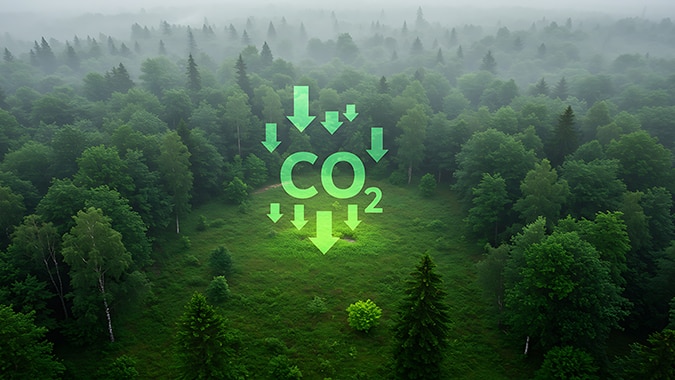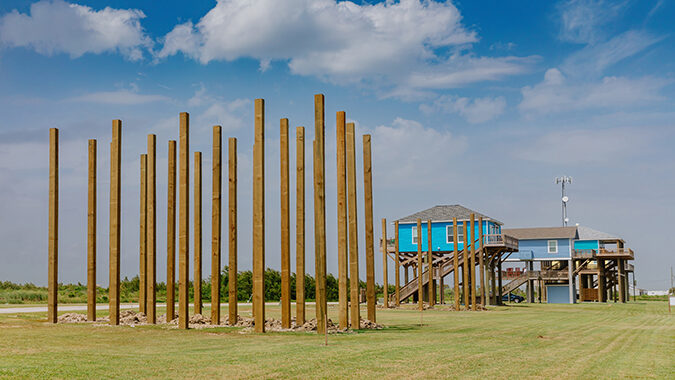State officials are now accepting applications for $30 million in grants that will be made available to local governments, colleges, nonprofits, and other eligible groups to fund projects that use nature-based solutions to remove carbon dioxide from the atmosphere.
Biological carbon sequestration happens when carbon dioxide in the air is captured naturally and stored in so-called “carbon sinks,” such as forests, grasslands, soil, oceans, and other bodies of water. The state’s Natural Climate Solutions Grant Program (NCS) provides funds for eligible projects that create, restore, or enhance New Jersey’s natural carbon sinks, including salt marshes, seagrass beds, forests, urban parks and woodlands, and street trees.
According to the Department of Environmental Protection’s 2025 Notice of Availability for Natural Climate Solutions, eligible grant applicants can submit projects that fall into one of the following categories:
- Living shorelines
- Restoring tidal flows in tidal wetlands
- Tidal salt marsh vegetation restoration
- Forest restoration
- Urban forest canopy and water quality enhancement
A total of $30 million is available in this second round of NCS funding: 50% of the funds will be allocated to green carbon projects and 50% will be allocated to blue carbon projects. Grant amounts will range from $250,000 to $5 million per project.
Applications will be reviewed on a first-come, first-served basis and accepted on a rolling schedule. The application portal will remain open until August 2026 or until funds are exhausted, whichever comes first.
Funding for the Natural Climate Solutions Grant Program comes from the proceeds of New Jersey’s participation in the Regional Greenhouse Gas Initiative (RGGI), a market-based cap-and-trade program in the eastern U.S. to reduce CO2 emissions.
In 2023, DEP awarded $24.3 million to local governments and nonprofits for 14 carbon-capture projects to create, restore, and enhance green spaces and tree canopies in urban areas, salt marshes and forests. Collectively, these projects provide a total estimated lifetime carbon sequestration of 33,000 metric tons of carbon dioxide equivalent (CO2e).
For further information on Round 2 NCS grants, including applicant eligibility and links to the application portal, go to DEP’s website here.




